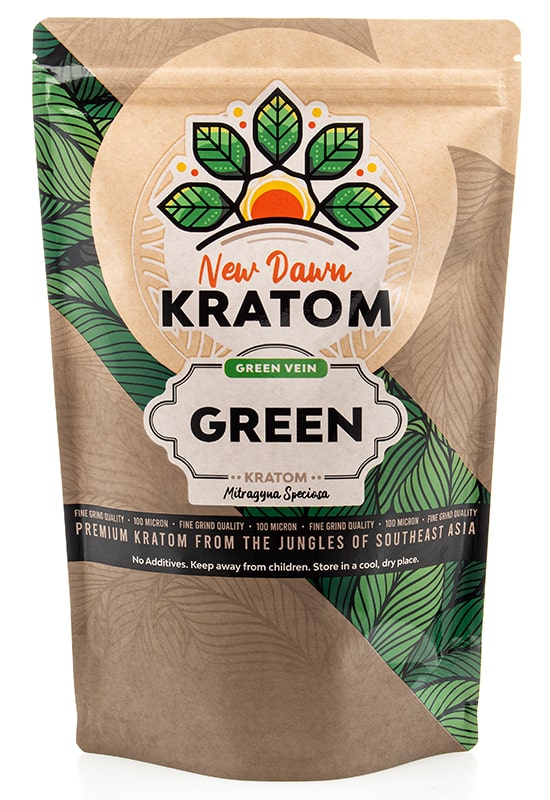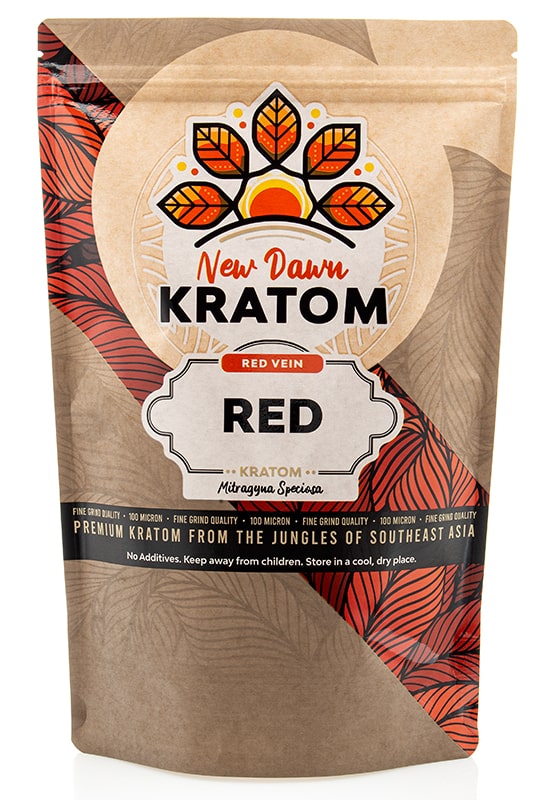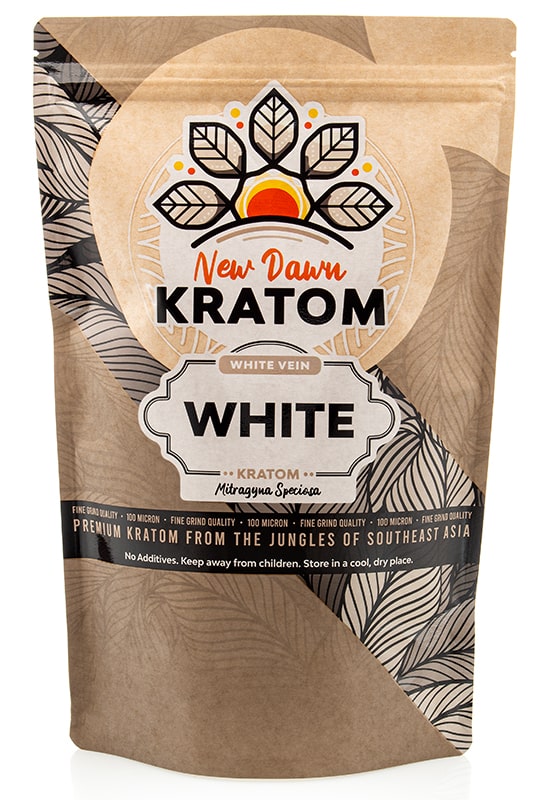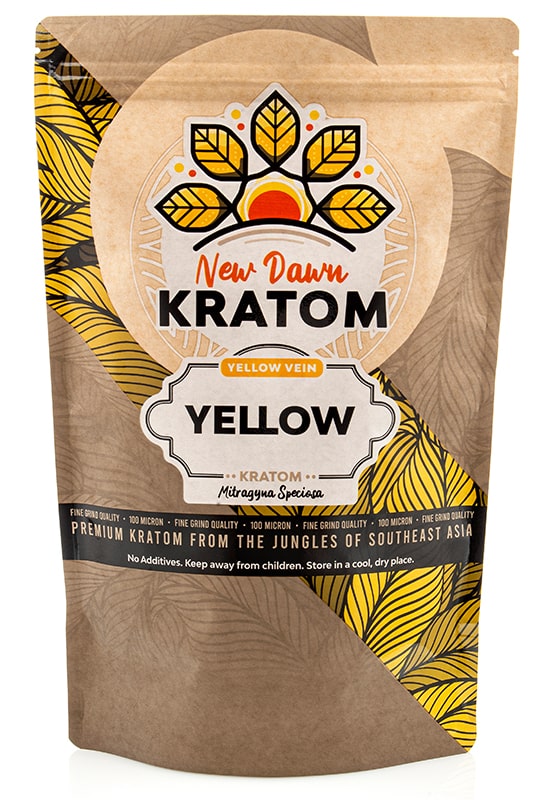Kratom is an evergreen tree native to Southeast Asian countries such as Thailand, Malaysia, and Indonesia. Like coffee, this herb belongs to the Rubiaceae family, which explains why their effects are almost similar. Traditionally, people from Southeast Asia chewed on kratom leaves and brewed them into tea for their energy-boosting properties.
Over the years, the popularity of kratom has spread across the world. Today, there are millions of kratom users in the US alone. The most common reason for kratom use is probably due to its wellness benefits.
Despite the energy-enhancing properties of kratom, there are also adverse effects of the long-term, repeated use of the supplement. Kratom-induced constipation is one of these unwanted side effects. Find out why kratom induces constipation and makes it difficult to poop. We’ll also go over some ways to mitigate kratom-induced constipation.
What is Constipation?
Technically, if you have less than three bowel movements in a week, you’re grappling with constipation. Of course, how often you “go” will vary from one person to another.
Some people experience bowel movements a couple of times a day. Others have them once or twice a week. Regardless of your bowel movement pattern, the longer you stay without passing poop, the more uncomfortable it becomes when you eventually pass stool. Other symptoms of constipation include:
- Dry and hard stools
- Bloated bowel
Having defined constipation, let’s look at how kratom causes it.

How Kratom Induces Constipation
Individuals who use kratom regularly are more prone to experiencing constipation than those who use moderate dosages once in a while. Here’s how kratom induces constipation:
Sympathetic Nervous System
The nervous system wields a significant influence over the digestive process in your body. Some of this control stems from connections between the central nervous system and the digestive system. These connections take the form of sympathetic or parasympathetic fibers. While sympathetic fibers inhibit digestive functions, parasympathetic fibers stimulate digestive activities.
Intake of kratom activates the sympathetic nervous system, which is known for its predominant inhibition of the gastrointestinal muscle. Its inhibitory effect thus affects peristalsis.
Peristalsis
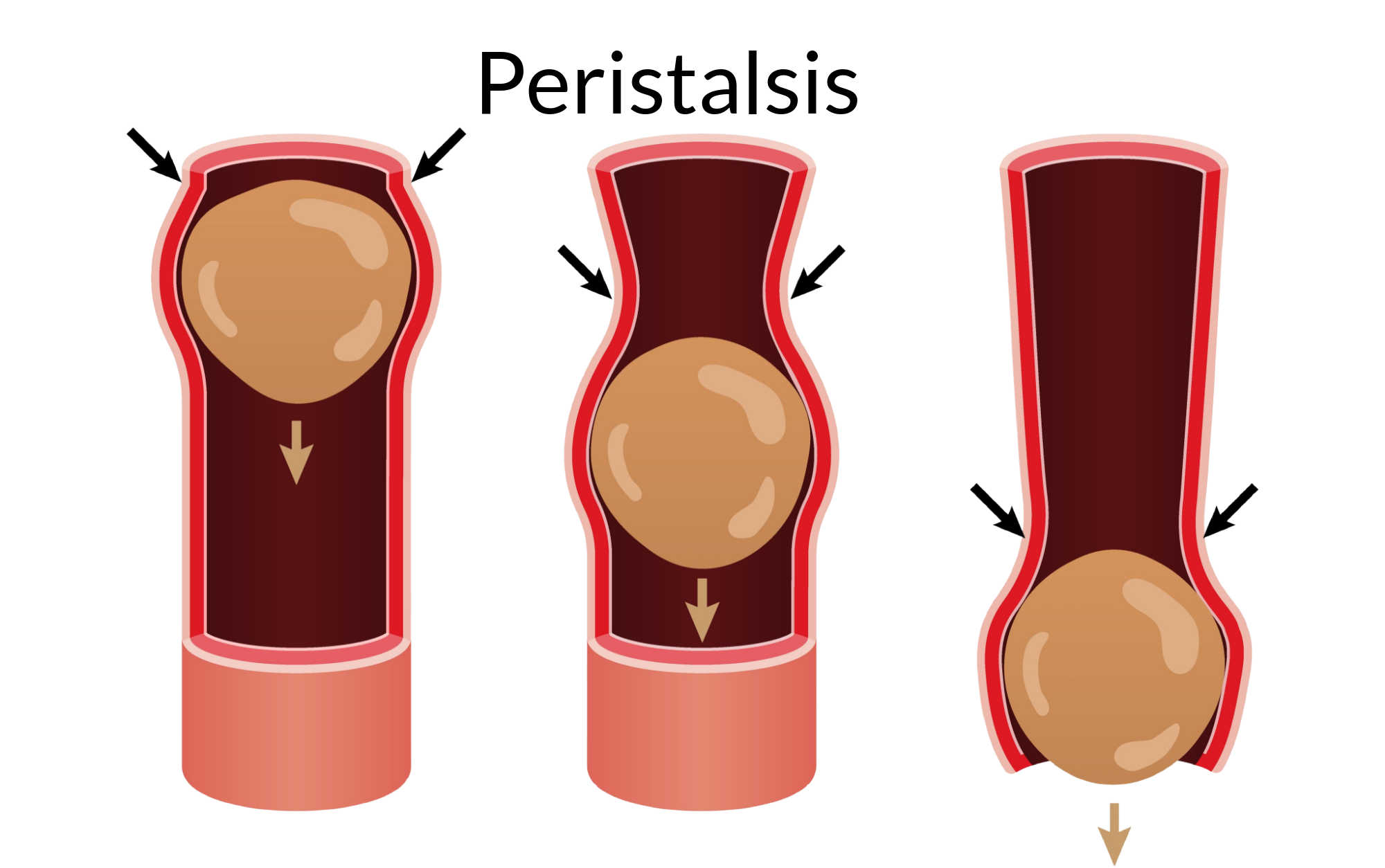
Peristalsis is a cycle of wavelike muscle contractions that transport the food across the digestive tract. It begins in the esophagus, where strong contractions move swallowed food into the stomach.
After churning in the stomach, the food then moves to the small intestines, where it’s absorbed into the bloodstream. Peristalsis also aids in water absorption from undigested food into the bloodstream. After that, the excretion of waste products occurs via the rectum and anus.
Kratom activates the sympathetic nervous system, which inhibits peristalsis. Consequently, this affects the formation and proper excretion of stool. This means that your bowel patterns take longer, and you can even go for days without passing stool.
Kratom also causes dehydration. And as a result, the body activates a reflex action to compensate for the lost water, allowing water absorption from feces and body wastes. What you’re left with is a hard and dry stool, leading to an unpleasant defecation experience.
How to Navigate Kratom-Induced Constipation
There are several ways to overcome constipation caused by kratom intake. Remember, constipation is a gastrointestinal problem, which means it’s mainly affected by diet. So being keen on what you eat can go a long way in lessening the constipation effects of kratom. Here are a few adjustments that you can make to your diet:
Increase Your Water Intake
Drinking water is timeless advice for all types of constipation, even for the one caused by kratom. Here’s the science behind it: water softens your poop and helps flush it out without discomfort. It also keeps you hydrated and alleviates hard stool issues and other effects like nausea and cottonmouth. Essentially, you should drink four to six glasses every day to avoid water loss.
Alternatively, you can consume your daily kratom dose as a brewed tea. This hydrates your system and prevents water loss from kratom usage.

Introduce a Rich Fiber Diet to Your Wellness Regimen
Are you consuming enough fruits and vegetables? Eating a rich fiber diet helps overcome the effects of kratom-induced constipation. Fiber, also referred to as roughage, is a part of plant-extracted food that the body cannot break down. As a result, it passes through the gastrointestinal tract system undigested. Fiber-rich foods help ease bowel movements and flush out cholesterol, among other advantages.
There are two types of fiber: soluble and insoluble.
- Soluble fiber: This type of fiber makes it easy for stool to pass across your colon. Good sources include beans, nuts, oatmeal, nuts, and fruits like pears, citrus, berries, and apples.
- Insoluble fiber: This type of fiber does not break down in the water. It’s a bulky kind of fiber that adds to stool bulk and fights off constipation. Wheat cereals, whole grains, and vegetables such as tomatoes, carrots, and celery are excellent sources of insoluble fiber. You don’t want to fill up on insoluble fibers as they add to bulk stool. Your best options include bananas, watermelons, spinach, and apples.
Probiotics
Another way to manage kratom constipation is to incorporate probiotic-rich foods into your diet. Probiotics are essential bacteria that balance gut flora, hence aiding digestion. Fermented foods like sauerkraut, kimchi, kefir, yogurt, and kombucha are rich in probiotics.
Lifestyle Adjustments
There are several simple lifestyle changes you can adopt to ease kratom-related constipation. For example, you can start eating a well-balanced diet. Nutrient-rich fruits and vegetables are incredibly hydrating and help mitigate the effects of constipation.
You should also not stick to one kratom strain for a prolonged period. Instead, keep switching between various strains to prevent stagnant stain syndrome. And lastly, maintain an active lifestyle to keep your organs functioning optimally.
Mineral Oil
Another way to ease constipation from kratom use is through mineral oil ingestion. Mineral oil comes from distilled petroleum and constitutes virtually every laxative on the market. It lubricates the intestinal walls while covering the stool, allowing easy excretion. You should take about 15 to 20 ml of mineral oil after consuming kratom to avoid constipation.

The Bottom Line
Have you had a difficult time passing stool after kratom intake? If so, you’re not alone. Kratom-induced constipation is a common side effect. But that’s not all. Other consequent issues like anal fissures and inflamed rectal veins may surface.
Luckily, there are simple measures you can take to mitigate constipation symptoms while taking your kratom dose. These include dietary and lifestyle adjustments like taking fiber-rich food, using probiotics and mineral oil and increasing your water intake.

